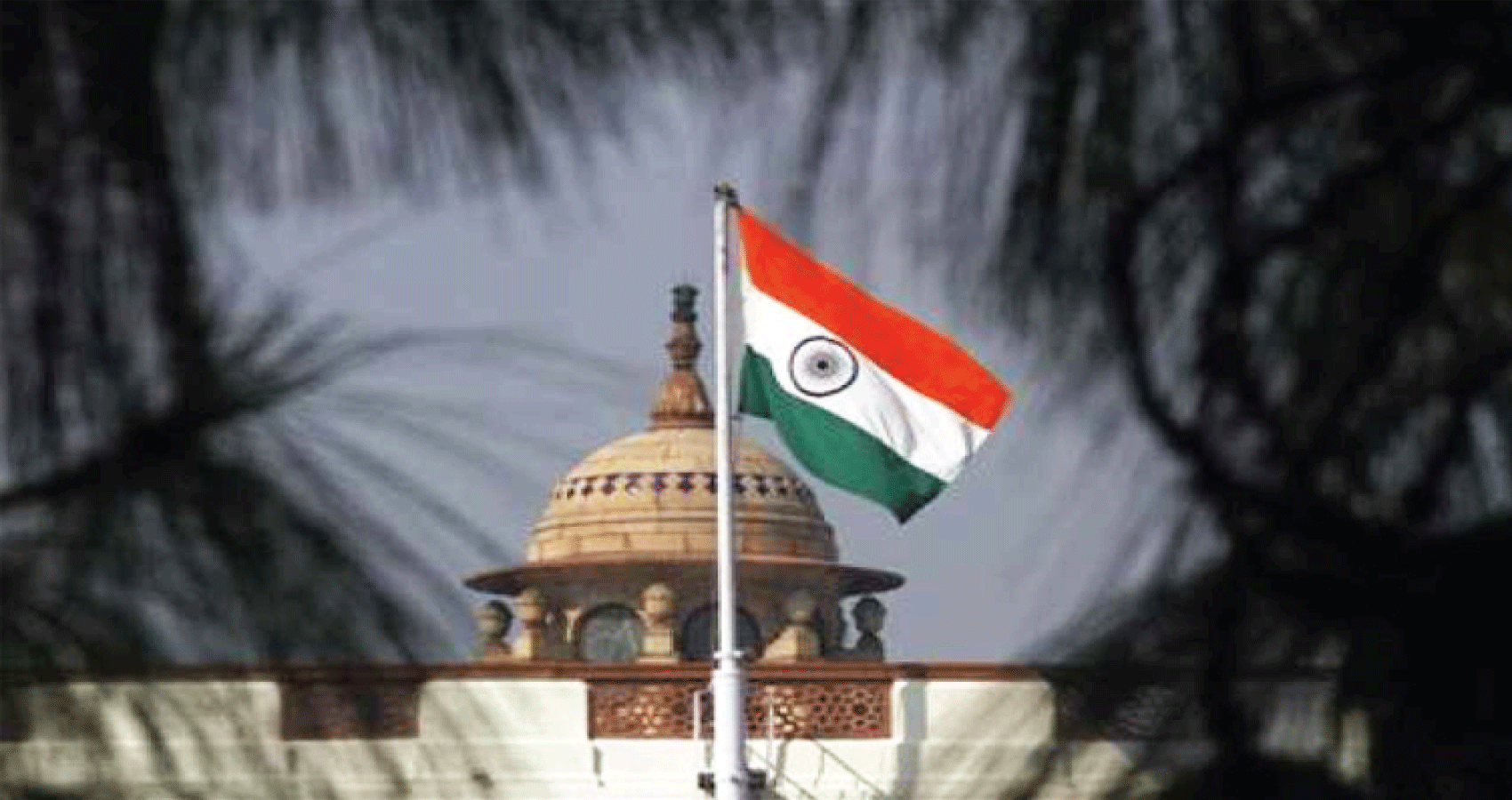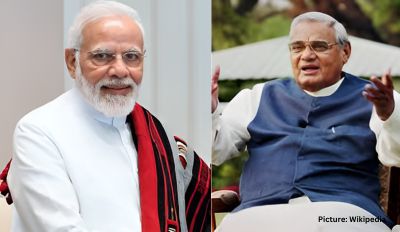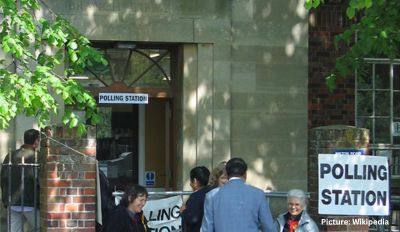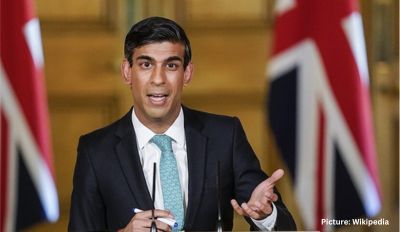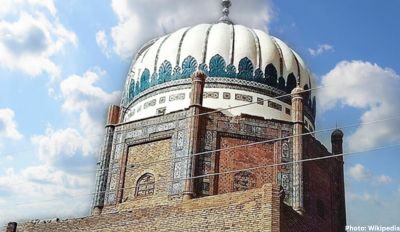India has slipped two places below to 53rd position in the 2020 Democracy Index’s global ranking, according to The Economist Intelligence Unit, which said the “democratic backsliding” by authorities and “crackdowns” on civil liberties has led to a further decline in the country’s ranking.
Norway topped the report titled “Democracy in sickness and in health?”, with Iceland, Sweden, New Zealand and Canada making up the top five. India’s overall score fell from 6.9 in 2019 to 6.61 in the Index that provides a snapshot of the current state of democracy worldwide for 167 countries.(PTI)
However, India is ranked higher than most of its neighbouring countries. India’s overall score fell from 6.9 in 2019 to 6.61 in the Index that provides a snapshot of the current state of democracy worldwide for 167 countries. “With mounting pressure on India’s democratic norms, India’s score fell from a peak of 7.92 in 2014 to 6.61 in 2020 and its global ranking slipped from 27th (in 2014) to 53rd as a result of democratic backsliding” under the current regime, The Economist Intelligence Unit (EIU) said.
Out of 167 countries, the Democracy Index classifies 23 countries as full democracies, 52 as flawed democracies, 35 as hybrid regimes and 57 as authoritarian regimes. India has been classified as a ‘flawed democracy’ along with countries such as the US, France, Belgium and Brazil.
The EIU report said that in India and Thailand, “democratic backsliding by the authorities and crackdowns on civil liberties led to a further decline in their global rankings”. It further alleged that the Narendra Modi-led government has “introduced a religious element to the conceptualization of Indian citizenship, a step that many critics see as undermining the secular basis of the Indian state.”
‘The authorities’ handling of the coronavirus pandemic led to a further erosion of civil liberties in 2020,’ the report said. Among India’s neighbours, while Sri Lanka, at 68th rank, is classified as a flawed democracy, Bangladesh (76), Bhutan (84) and Pakistan (105) are classified in the ‘hybrid regime’ category. Afghanistan is ranked 139th and classified as an ‘authoritarian regime’ in the index.
“In India, the image of the prime minister, Narendra Modi, resonates with an aspiring middle class, and Mr Modi has also maintained the support of business. But Mr Modi is not unassailable; a lack of attention to the rural economy has fuelled anti-government protests by farmers. In his term, moreover, job growth has been poor, institutional reforms have been slow to come, and those that have been passed have been poorly implemented. So far, Mr Modi has managed to deflect criticism, but his party, the Bharatiya Janata Party (BJP)—the largest in the ruling National Democratic Alliance (NDA) coalition—will be contesting the 2019 elections on a weak footing at state level. Having also lost the support of many small regional parties, the coalition could fail to gain a clear majority in parliament,” the report stated in the year 2019, when India ranked as 49th.
“In India, the ruling National Democratic Alliance (NDA) coalition has struggled to maintain its dominance in state elections. To some extent, this is in fact a reflection of the strength of the country’s democratic institutions, which has yielded upsets for the government, despite various coercive tactics used by the ruling Bharatiya Janata Party (BJP) to consolidate power,” it had said in the previous report.
The Asia and Australasia region includes top-scoring New Zealand, which retained its fourth position in the global ranking (out of 167 countries), and persistent laggard North Korea at the bottom of the global ranking in 167th place, the EIU said in a statement.
The region’s overall score fell in 2020, but it now has five “full democracies” with Japan, South Korea and Taiwan moving up the rankings compared with 2019. Australia retains its “full democracy” status and high ranking (9th). Japan and South Korea both returned to the “full democracy” fold for the first time since 2014. Taiwan attained “full democracy” status for the first time following a spectacular jump up the rankings.
Despite these upgrades, Asia’s average regional score deteriorated to its lowest level since 2013 as official measures taken to combat the coronavirus pandemic led to some of the most severe constraints on individual freedoms and civil liberties in the world, the EIU said. China, Singapore and others went much further than the rest of the world in tracking and policing their citizens and locking them down in response to the COVID-19 pandemic, it said.

